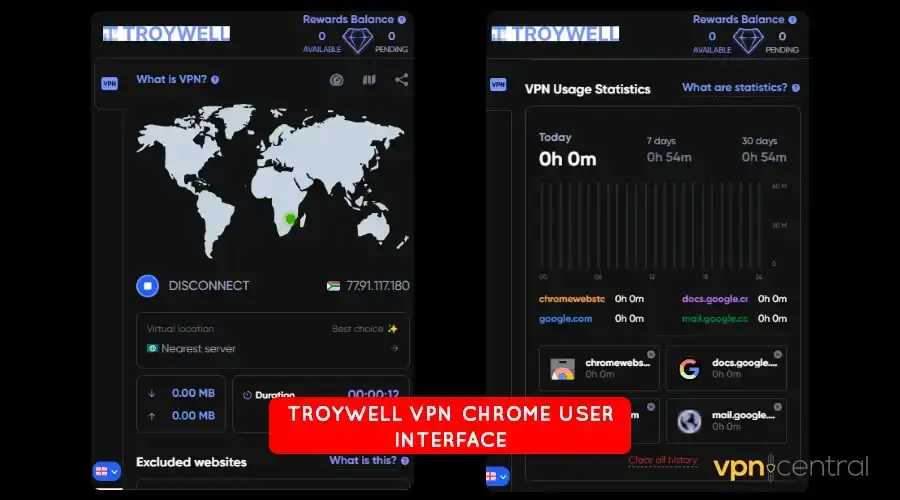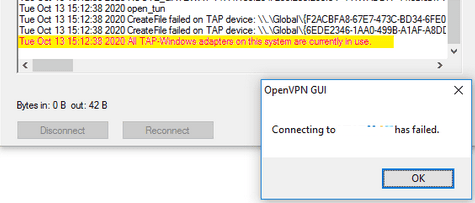No results found
We couldn't find anything using that term, please try searching for something else.

CPSC 474/574
2024-11-22 instructor : James R. Glenn, Ph.D. office : AKW 013 Office Phone: TBD Office Hours: TBD by Zoom e-mail: [first name][dot][last name]@yale.edu
instructor : James R. Glenn, Ph.D.
office : AKW 013
Office Phone: TBD
Office Hours: TBD
by Zoom
e-mail: [first name][dot][last name]@yale.edu
ULAs:
(see Piazza for hours)
- Sam Judson (TF)
- Ryan Cain
- Isabel Lee
- Keaton Mueller
Class Meeting :
Lecture Tue , Thu 11:35am – 12:50pm by Zoom
( check
Yale Course Search
for updates)
Prerequisites: CPSC 202 and CPSC 223 or equivalent
Recommended reads:
- Artificial Intelligence and Games by Yannakakis and Togelius ISBN 978-3319635187
(avaliable through the Yale Library’s subscription to SpringerLink; more information at the book website) - Game Theory through example
by Erich Prisner
ISBN 978 – 1614441151
( available online through the Yale Library ) - Artificial Intelligence for Games (2nd edition)
by Millington and Funge
ISBN 978-0-12-374731-0
(retail price $93.95; available online through the Yale Library as part of Safari Books Online) - Procedural Content Generation in Games : A Textbook and Overview of Current Research
by Shaker, Togelius, and Nelson
ISBN 978-3319427140
(retail price $49.99; available online from the authors) - A survey of Monte Carlo Tree Search methods, C.B. Brown et al.
IEEE Transactions on Computational Intelligence and AI in Games 4:1, Mar 2012, 1-43. - Finite-time analysis of the multiarmed bandit problem, Auer, Cesa-Bianchi, Fischer.
Machine Learning Journal, 47(2-3):235-256, 2002.
IEEE Transactions on Computational - Reinforcement Learning (2nd ed), R Sutton and A Barto
- simulation – base Approach to General Game Playing, H Finnsson and Y Björnsson, Proc. AAAI 8, 259-264, 2008.
- Learning Simulation Control in General Game – Playing Agents ., H Finnsson and Y Björnsson, Proc. AAAI, 954-959, 2010.
- Genetic Algorithms for Evolving Computer Chess Programs, David et al,
IEEE Trans. on Evolutionary Computation, 18(5):778-789, 2014. - Mastering the game of Go with deep neural networks and tree search, Silver et al.
Nature 529(7587):484-489, 2016. - Mastering the game of Go without human knowledge, Silver et al.
Nature 550(7676):354-359, 2017. - A panorama of artificial and computational intelligence in game,
Yannakakis and Togeliuis.
IEEE Transactions on Computational Intelligence and AI in Games 7:4, Dec 2015, 317-335. - PyVGDL and A video game description language for model-based or interactive
learning, Schaul, Proc. IEEE Conf. on Computational Intelligence
in Games, 2013.
For books and articles available online through the Yale Library, you will need to use the Yale
VPN to access from an off-campus network. Free access to Safari books
through the Yale library is limited to six simultaneous users.
Other resource :
- Combinatorial Game Theory
- Backward Induction (Dynamic Programming) and Value Iteration
- Pig Resources from Todd Neller and Cliff Presser at Gettysburg College, including
- Classical Game Theory
- Game Theory: An Introduction
by E. N. Barron
ISBN 978-1118533895 (available online through Safari via the Yale library)
- Game Theory: An Introduction
- Neural Networks
- Neural Networks and Deep Learning by Michael Nielsen (free online book)
- General Game Playing
- Game Rules
Catalog Description :
The recent success of Google’s AlphaGo
represents a milestone in computational intelligence. This course
introduces the problems encountered and techniques used to overcome
them, starting with techniques from combinatorial and classical game
theory that can be used to create perfect computer players for simple
games, followed by the computational intelligence concepts used in
AlphaGo and other successful systems, including stochastic search
(Monte Carlo Tree Search and evolutionary computation) and neural
networks. AlphaGo was designed specifically to play Go; this course
also introduces general game playing, which attempts to making the
leap to systems that can play many games well. The use of
computational intelligence techniques in procedural content generation
for games is also included.
Course Outcomes :
Students is be will be able to
- apply combinatorial game theory , classical game theory , and computational intelligence
to design agent that play board game .
academic Dishonesty :
Please see Yale College ‘s
Undergraduate Regulations
and
Definitions of Plagiarism, Cheating, and Documentation of Sources
.
The implication for this course :
- Programming Assignments: The code you submit must be the result of your understanding
of the problem. You may discuss concepts and approaches with other students, but you
may not take any written or electronic records from such discussions
(this includes discussions on Piazza; such discussions are electronic records
so you may not post code there).
Furthermore,
you must engage in a full hour of mind-numbing activity (such as watching back-to-back
episodes of Gilligan’s Island) before resuming work. This no-record/”Gilligan’s Island” rule
applies to code found in online or other published sources as well
(aside from the class notes and readings listed above, which can be used
without attribution and without triggering the “Gilligan’s Island”
rule).
Under no circumstances may you examine a copy of another student’s code nor may you provide
a copy of your code to another student.
You may consult course staff for help writing and debugging without attribution and doing
so does not trigger the Gilligan’s Island rule.
(The Gilligan’s Island rule originated with
Stanley Eisenstat and I obtained it through Stephen Slade.) - Exams: each student must work individually.
Grading:
- Programming Assignments: 65%
- Final Project : 15 %
- Quizzes: 20% (Dates TBD)
It is very unlikely that we will be able to schedule make-up quizzes. If
you have a Dean’s Excuse and we cannot schedule a make-up then the other
exam will be reweighted to make up the difference.
Schedule (subject to change):
| Week of | topic | read See Recommended reads above; AIG=Artificial Intelligence and Games by Yannakakis and Togelius; ONAG=On Numbers and Games by Conway; PCG = Procedural Content Generation in Games by Shaker , Togelius , and Nelson |
Events white = 223 class days; black = holidays; grey = other |
|
|---|---|---|---|---|
| Mon | Tue | We d | Thu | Fri |





![LSAT Logic Games Diagramming [How-To Guide]](/img/20241109/Td746r.jpg)
